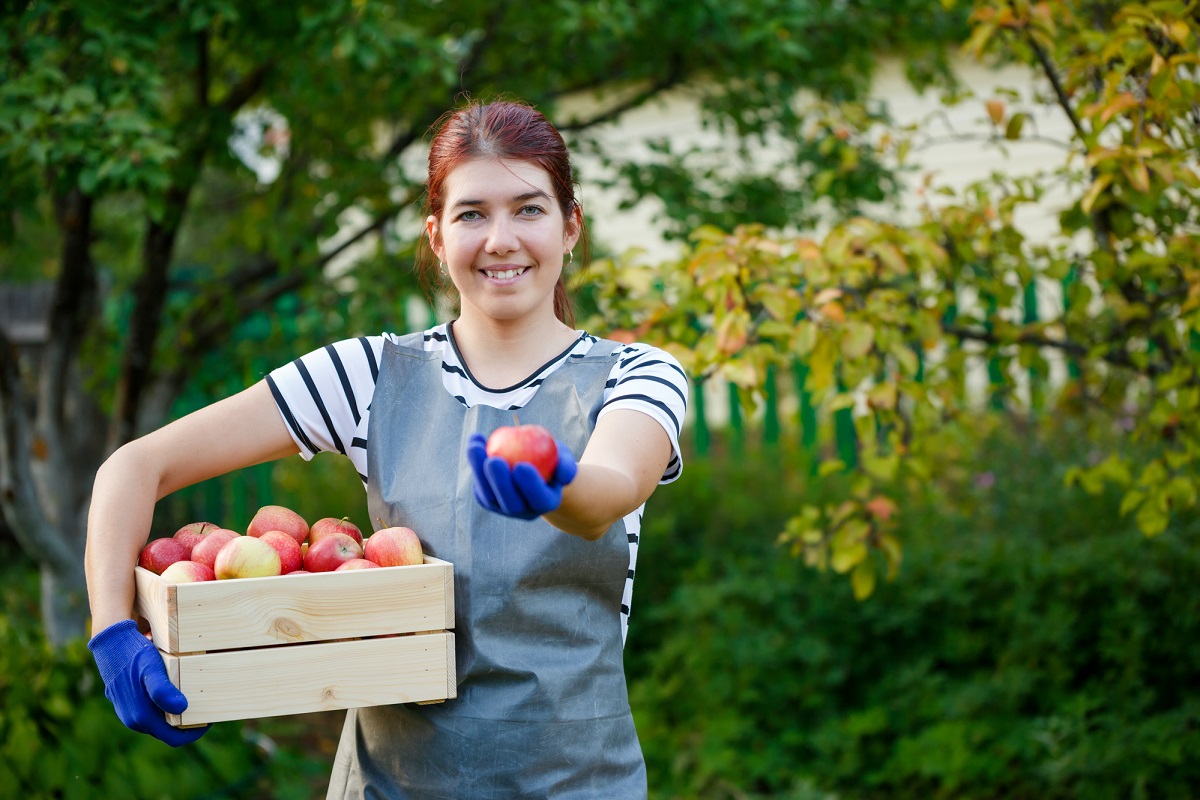The virtual training course will be available in Spanish and English on IICA’s e-learning platform during the first half of the year.

San Jose, 29 January 2021 (IICA). In partnership with the Forum for International Trade Training (FITT), a Canadian organization, the Inter-American Institute for Cooperation on Agriculture (IICA) has launched the 2021 edition of the virtual course “Preparing to Export Agrifood Products”.
Available in Spanish and English on IICA’s e-learning platform, the course is geared towards people who work in companies and producer organizations in the agrifood sector, as well as officers from relevant support institutions that are interested in learning more about the aspects that should be taken into account prior to exporting, in order to facilitate successful negotiations and reduce export risks.
The training course, which costs USD 50, will be available during the first half of the year with a 25% discount. The objective of the course is to strengthen participants’ capacity to export agrifood products and to raise awareness of the importance of being prepared to successfully capitalize on the opportunities afforded by trade agreements and regional integration processes.
The course consists of six modules on the following topics: preparing to export, business plan for exporting, assessing export opportunities, how to adapt your product to the destination market, payment methods and how to finalize a business deal. The course content is based on the AgFITT notebooks, which are training materials on international business with a special focus on the agrifood sector. Developed by FITT, these materials have been updated and adapted by IICA to fit the reality of its member countries.
According to Daniel Rodriguez, Manager of IICA’s International Trade and Regional Integration Program, international trade in agrifood products plays a strategic role for food security and economic reactivation, especially within the post-pandemic context. This further demonstrates the importance of providing training opportunities in this area.
“Latin America and the Caribbean have performed remarkably well during the pandemic in terms of supplying food and agricultural products at the local and global levels. In order to capitalize on international trade opportunities, companies and producer organizations, especially those of a small and medium scale, must be well prepared”, he concluded.
More information:
Daniel Rodríguez, Manager of IICA’s International Trade and Regional Integration Program.
daniel.rodriguez@iica.int











